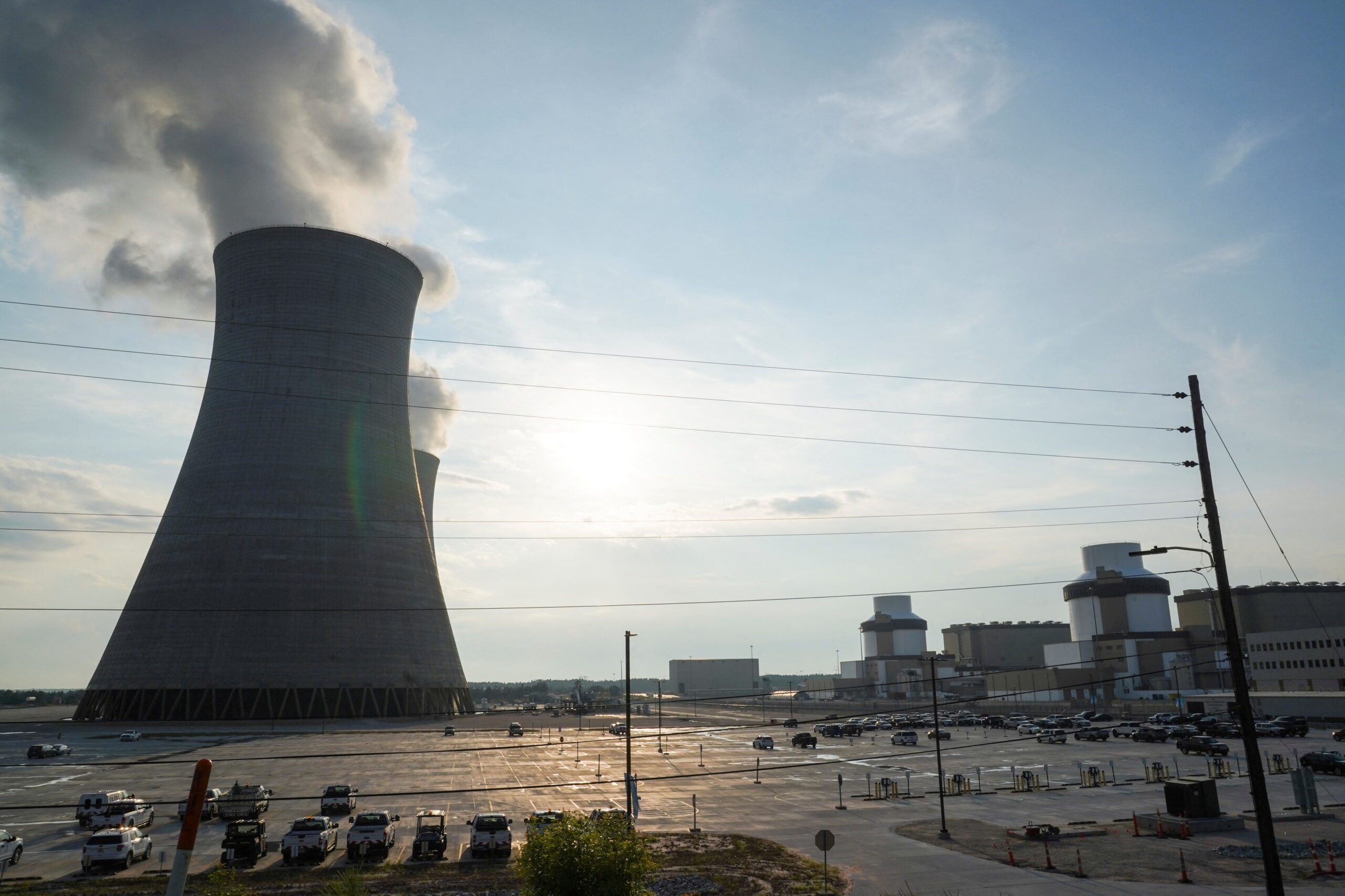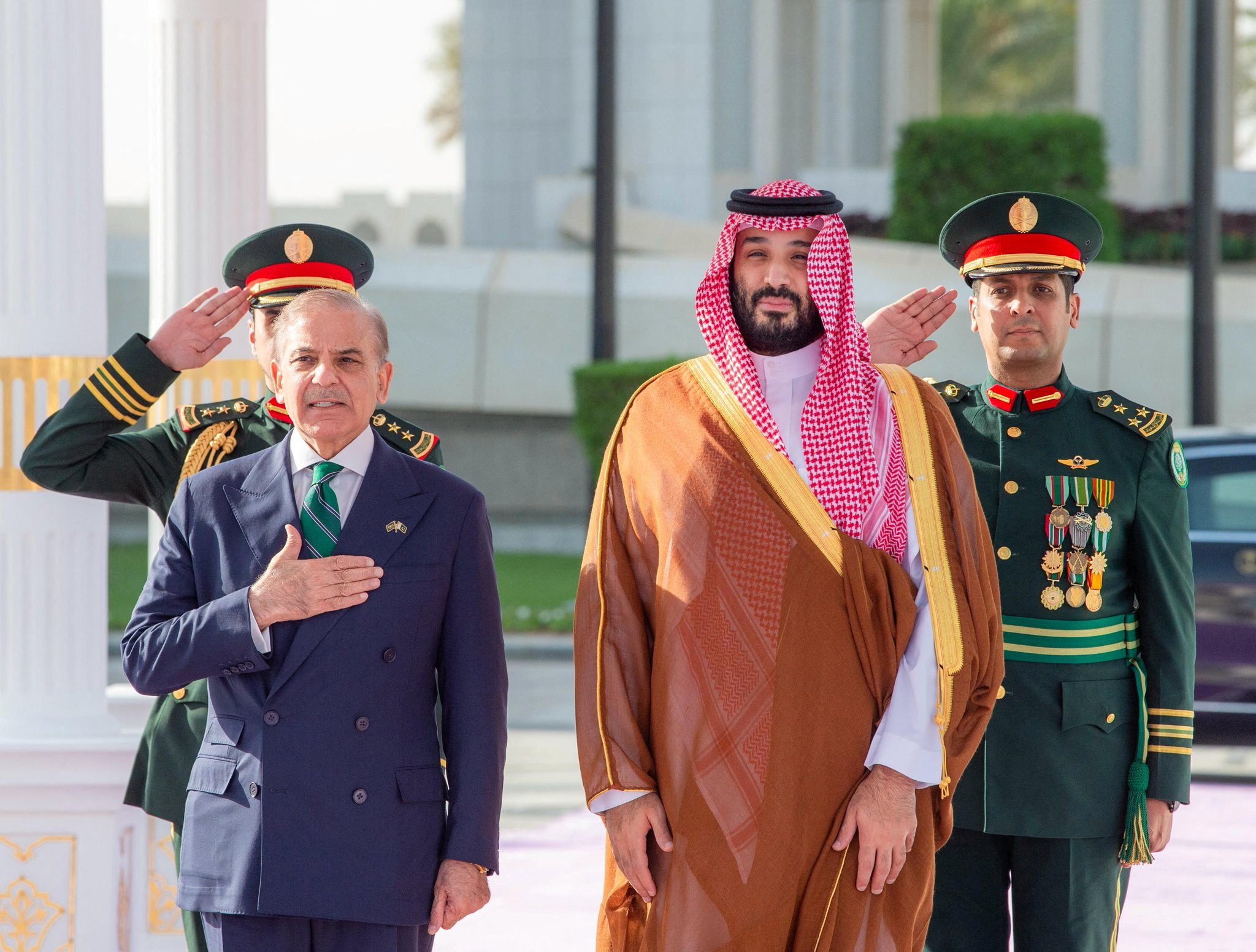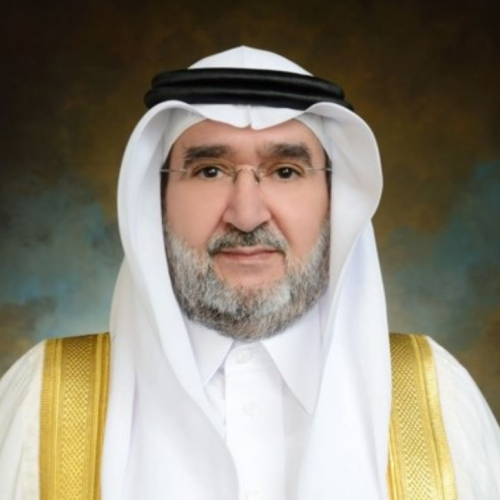With the international negotiations with Iran entering their final stage, all parties are reading from the same script in terms of managing expectations. The consistent message is that although there are numerous issues still unresolved, everyone is determined to finalise an agreement.
The second half of that statement is even more true than the first. Some of the toughest issues – including details of the inspection regime, the nature and timing of sanctions relief and what kind of nuclear research and development Iran would be allowed under an accord – are still not fully agreed. And while the parties have extended their deadline until at least July 7, they are clearly running out of time. If they do not have a deal by the end of the month, they are unlikely to ever get there.
But given the political investment in achieving an agreement by all the governments in question, especially in Washington and Tehran, failure is almost unimaginable. The parties may, in theory at least, still be willing to walk away from the table. And, if the other side is recalcitrant enough, they probably would. But, in reality, they are all loathe to do so, and they all know how invested the other is in success.
This has given both sides considerable leverage. But Iran appears to have so far put that opportunity to much better use than the US and its allies. The delicate balance in Vienna has produced a series of reciprocal but unequal concessions. It seems that Iran has been able to gain an upper hand by exchanging tactical, immediate concessions on its part for strategic, long-range concessions on the American side.
According to the Associated Press, a confidential International Atomic Energy Agency report issued Wednesday confirmed that Iran has made considerable progress in meeting its commitments to transform much of its existing enriched uranium stockpile into forms that are essentially not of military value. And, the report adds, this material is not being added to Iran’s store of low- enriched uranium that could be processed into weapons-grade fuel in the future. So, Iran is already held to be in compliance with its commitments under the interim agreement.
Meanwhile, the American side has adjusted its position on inspections, publicly agreeing that not all military sites will be subject to the regime. And Obama administration rhetoric is raising the prospect that most, if not all, of the sanctions – including those imposed on Iran due to its support for terrorism and other non-nuclear issues – will be lifted in short order after the agreement. The administration appears to put more stock in sanctions “snapback” than in maintenance. But many others doubt that sanctions, once lifted, can easily be reimposed, and think that therefore the true key is when and how they are eased.
Nonetheless, the overwhelming likelihood is that there will be an agreement this month, because it is in the interests of all parties that one is achieved. And, indeed, given the progress that has been made and the chance, admittedly slight, that an accord could lead to a lasting solution to the Iranian nuclear question, perhaps there really is no other viable, realistic option than trying to see what, in practice, an agreement can produce.
But no one should assume that a deal this summer will really restructure the strategic equation. It might. But there is every chance that, rather than ushering in a new era of harmony and cooperation between Tehran and its allies and Washington and the rest of the West, an agreement might quickly give way to an endless and increasingly bitter exchange of accusations over implementation.
This is especially true since the pressure to finalise a deal might lead the parties to overlook the fact that, while they agree on all of the specific language in an accord, they do not interpret it all in the same way. This is especially likely to emerge in the context of inspections, but also with regard to sanctions relief and other issues of implementation.
Despite the commitment of the two governments to reach a deal, let’s remember, there is still very little common interest between the US and Iran.
Even on the question of ISIL, which many cite as the prime example of how a new era has made Iran and the United States natural allies, there is, in fact, no real common agenda. Anyone who doubts that should look at how Iran’s English-language Press TV propaganda station airs a new segment almost every day asserting that ISIL is a deliberate American creation and puppet.
The United States and Iran are simply not counterintuitive but natural allies the way the United States and China clearly were at the end of the Vietnam War. This is an illusion that many harbour, but cold-eyed realists on both sides know that it’s simply not true. Therefore, an agreement may well be coming, and is probably worth a try. But it may be a lot less potent and meaningful in practice than its proponents hope.
This article originally appeared in The National.
The views represented herein are the author's or speaker's own and do not necessarily reflect the views of AGSI, its staff, or its board of directors.
























Jul 6, 2015
The accusations will begin once a deal is reached
With the international negotiations with Iran entering their final stage, all parties are reading from the same script in terms of managing expectations. The consistent message is that although there are numerous issues still unresolved, everyone is determined to finalise an agreement. The second half of that statement is even more true than the first....
4 min read